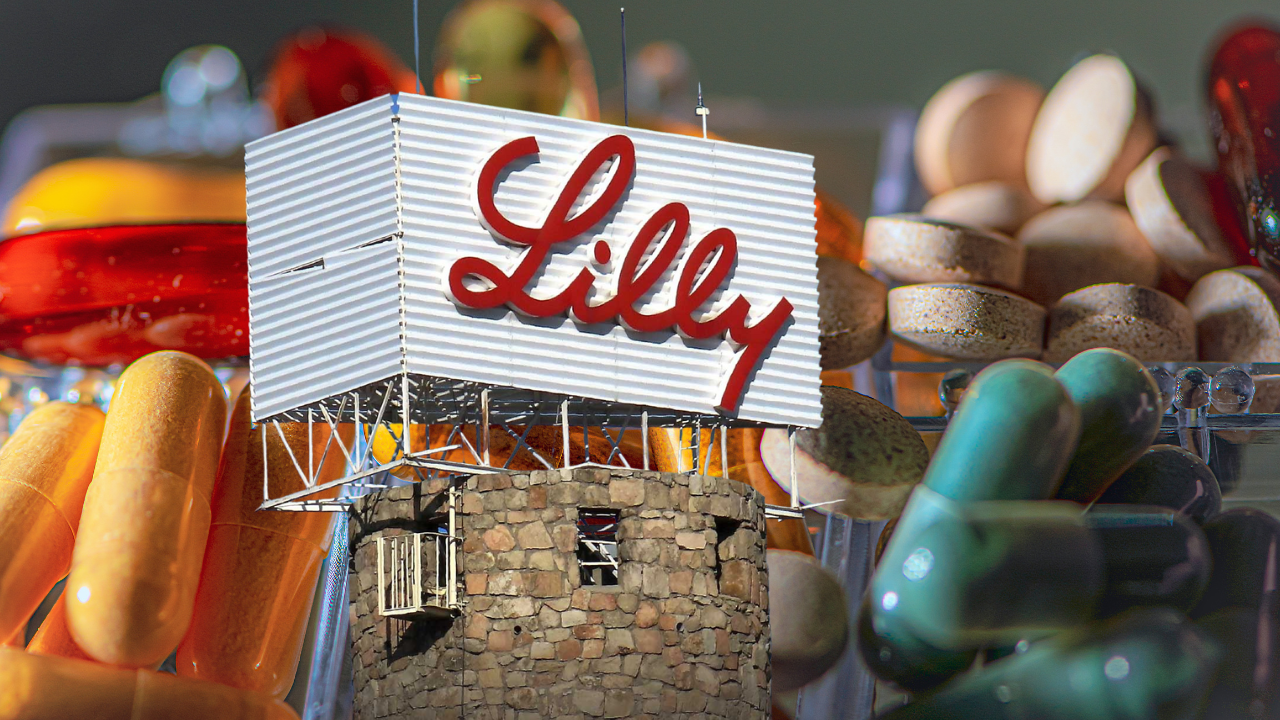
The legendary pharmaceutical giant Eli Lilly (LLY) is one of the most illustrious businesses in our nation.
From the world’s first commercially accessible insulin medicine (Iletin) in 1923 to its current blockbuster diabetes/obesity therapy Mounjaro/Zepbound, introduced roughly 80 years later, Lilly has developed a plethora of innovative products since its establishment more than 140 years ago.
The same medication is used as Zepbound for obesity and as Mounjaro for diabetes.
Analysts claim the corporation is operating at full capacity. Damien Conover, a Morningstar analyst, stated that “Eli Lilly’s innovative culture and strong financial commitment to developing the next generation of drugs set the company apart from its peers and fuel its long-term growth.”
“Lilly has growth potential that is among the best in the industry because it is releasing multiple blockbusters and its patent losses are decreasing.”
Lilly Combats the Epidemic of Obesity:

Zepbound, an anti-obesity medication, is revolutionary for Lilly. It is anticipated to be the most popular medication ever sold. This is due to the fact that, according to the National Institutes of Health, over 40% of people are obese.
According to a 2022 study from the Centers for Disease Control and Prevention, obesity costs the healthcare system $147 billion year.
Zepbound costs $1,060 on the list price for a 28-day supply, without including manufacturer discounts or insurance reimbursement.
Lilly is making the most of the chance. For the week ending March 8, Zepbound processed 77,590 new prescriptions in the United States. That was the first time that the drug’s primary rival, Novo Nordisk’s (NVO) Wegovy, was surpassed, according to healthcare information provider IQVIA.
Zepbound’s home delivery will be managed by Amazon Pharmacy, according to an announcement made last week by Lilly and Amazon. That pertains to prescription drugs purchased via Lilly’s direct-to-consumer program.
If you decide to use Zepbound or Wegovy, be aware that you may lose a significant amount of muscle mass along with your weight. Naturally, that would weaken you physically.
Research suggests that Zepbound patients recover part of the weight they lose after finishing the therapy, just as with other weight-loss plans.
Analysts at JPMorgan Chase increased its target price for Lilly shares to $850 from $775 because to Zepbound’s success. They maintained their classification as overweight. At $764, the stock was recently trading.
Lilly “remains optimally positioned” in the diabetes and obesity industry, according to JPMorgan analysts, following Zepbound’s thrilling opening performance, as reported by The Fly. According to the corporation, supply of this kind of obesity medication will not keep up with demand.
Conover of Morningstar is also optimistic about Lilly, giving it a broad moat. In other words, he sees it as having at least 20 years of competitive advantages.
He declared, “We think Eli Lilly did an excellent job.” Revenue increased by 28% in the fourth quarter, driven mostly by $2.2 billion in sales of Mounjaro, which now accounts for more than 20% of overall sales.
“Since the market is already capacity-constrained, robust growth looks likely with supply of Mounjaro/Zepbound expected to increase by at least 50% in 2024,” Conover stated.
He does, however, believe that Lilly is significantly overpriced given its 130% total return over the previous 12 months, estimating fair value at $500.
“We still view the stock as overvalued, even with our robust peak expectations of over $60 billion a year for Eli Lilly’s GLP-1 drugs in weight loss and diabetes,” Conover stated.
